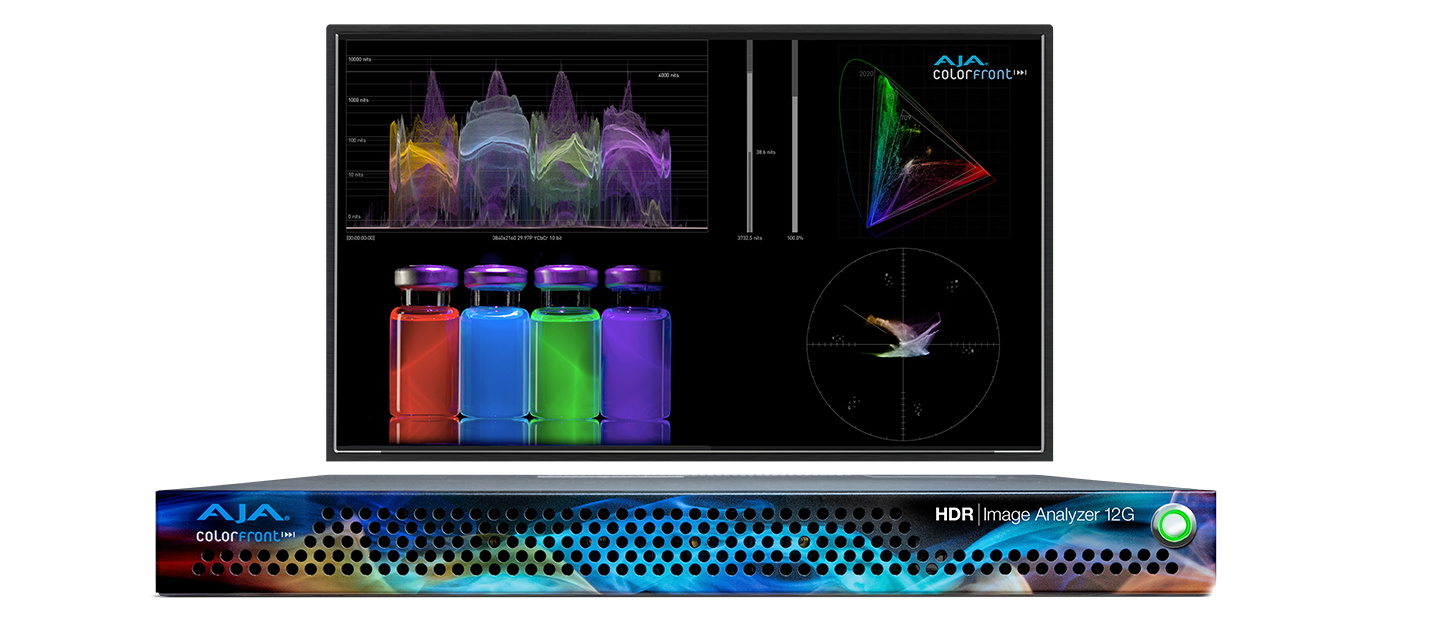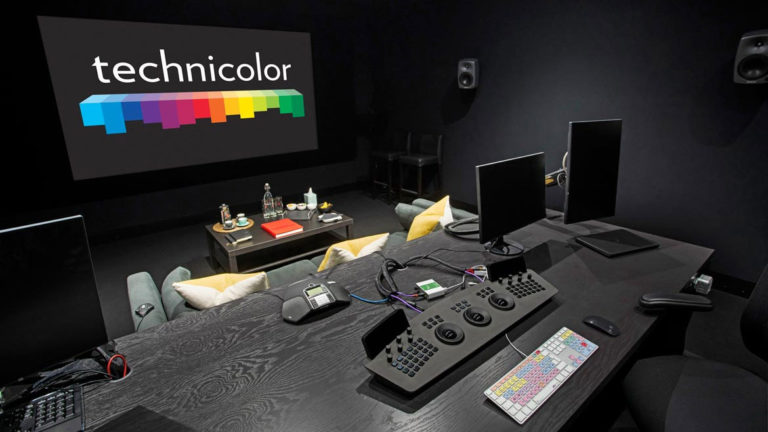Company Promises SD Video at 125 Kbps, Says 'Good Quality' UHD Can Be Had at 4 Mbps
London-based V-Nova is bringing its new Perseus codec to market, announcing server and PC-based appliances, embedded software, silicon IP, and codec plug-ins for mobile apps. The company said its offerings include "a scalable end-to-end solution for mass-market adoption of live UHD."
Privately held V-Nova is rolling the technology out with the help of a consortium including Broadcom, the European Broadcasting Union, Hitachi Data Systems, Intel, and Sky Italia. "Sky Italia has been working with V-Nova over the past years to refine and test the Perseus technology to ensure that it is industrially scalable and integrates seamlessly into the existing ecosystem and workflows," said Massimo Bertolotti, head of innovation and engineering for Sky Italia in a statement provided by V-Nova. "We are currently deploying it and are extremely satisfied with the results of this joint effort."
The company said Perseus is more efficient than industry-standard codecs, claiming that testing shows compression gains of two to three times compared to H.264/AVC, H.265/HEVC and JPEG2000 and substantially less power use compared to H.264 and H.265.
The codec scales through "all bitrates," the company said, offering both lossless and lossy quality. V-Nova said SD video can be delivered to mobile devices at bitrates as low as 125 Kbps, and that HD video can be live-encoded at 500 Kbps or less, but also notes that the codec's benefits increase as resolution and frame rates increase. "Good quality" HD can be broadcast at 2 Mbps and UHD at 4 Mbps using existing hardware and infrastructure, the company said.
Other applications V-Nova cited include the sharing of 120fps 4K footage over Wi-Fi, streaming high-quality live video from drones, and low-latency remote production over 4G networks.
"With Perseus, we are able to [offer] UHD quality at HD bitrates, HD at SD bitrates, and SD video at audio bitrates," said V-Nova CEO and founder Guido Meardi in a prepared statement. "Perseus makes 4K commercially viable at scale, enables HD over 3G/4G mobile networks and makes video available to millions who do not yet have it."
Crafts: Post/Finishing
Sections: Technology
Topics: 4K 4k-and-beyond codecs compression delivery uhd
Did you enjoy this article? Sign up to receive the StudioDaily Fix eletter containing the latest stories, including news, videos, interviews, reviews and more.










There are advancements in data compression, like Asymmetric Numeral Systems currently replacing Huffman coding, but this announcement seems suspiciously good – do they provide anything more than just saying?
I submitted a request via email last week for sample streams or frame grabs that would reflect the claims of increased efficiency and have heard nothing back. You’re right to be suspicious. However, the company has some pretty solid testimonials that I think make its claims newsworthy, though they’re somewhat buried on its website.
“We have observed previously unimaginable video compression performance on standard server and PC hardware using PERSEUS, including real-time UltraHD decoding on Intel Core i5 Processors at bitrates below 5 Mbps, and SD video on mobile devices at sub-audio bitrates. With such performance, PERSEUS is predestined to unlock great opportunities in multiple industries.” — Rod O’Shea, EMEA IoT Sales Director, Intel Corporation
I had several phone interviews with those guys back in summer of 2014. Back then, they were in ‘stealth mode’ and they were already claiming exactly what’s in the announcement. To be honest, I didn’t believe and didn’t go for the proposed final interview to their office, but the very fact that they went public with this adds a bit of credibility – shall they succeed, I will be kicking myself for quite some time….